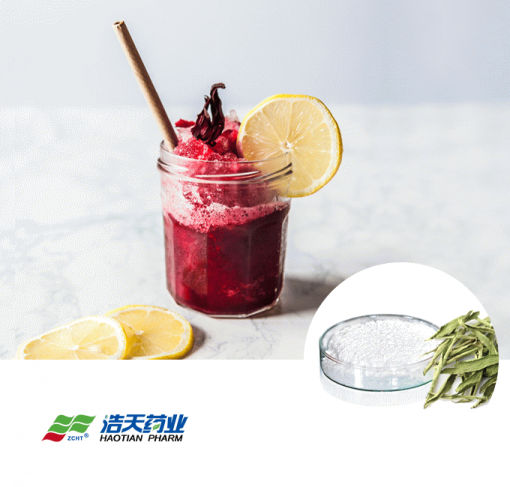Good supply chain management is essential to ensure the successful operation of the company and its customers. Even the smallest fluctuation in the delivery process, the change of transportation route or the delay of coordination process may lead to the delay of products with strict time requirements.
Good supply chain management is essential to ensure the successful operation of the company and its customers. Even the smallest fluctuation in the delivery process, the change of transportation route or the delay of coordination process may lead to the delay of products with strict time requirements. Reliability and on-time delivery play an important role, especially for the chemical industry, which itself is largely the supplier. For many buyers, this is a reason to pay closer attention to their suppliers for future business cooperation and see if they can meet all the requirements of the supply chain.
Logistics requirements of chemical products
Especially during the corona crisis, the problem of supply bottlenecks became very obvious. Many companies responded by hoarding inventory. However, such temporary measures are only effective in the short term, and will not work if the supply chain is interrupted for a long time. According to a survey by the Austrian Federal Association for material management, procurement and logistics, one company starts to look for alternative suppliers every second, and a quarter even establishes new suppliers.
Raw material manufacturers in the chemical industry offer highly sensitive products such as high-purity hydrocarbons for pharmaceutical production. Further value-added chains will also decline. New suppliers, who can reduce the potential supply risk, rely on professional supply chain management to meet the requirements, such as
high reliability
On time delivery
The concept of flexible delivery
Digital solutions
6 standards to avoid insufficient supply of chemical products and reduce supply risk
In order to avoid the shortage of chemical products, you should pay attention to several factors, which are important for a smooth supply chain:
1. Diversity of suppliers
The supplier shall assess its ability to provide services. You should also be aware of the different sources of your raw materials - a broad market position is an advantage. In terms of supply security, full backward integration, which is common in the chemical industry, is not necessarily an advantage.
2. Compliance
Compliance with legal requirements and a commitment to sustainable, human, ethical and social behaviour should be fundamental prerequisites for future cooperation. This is the only way to prevent compliance risks such as violations of regulations, laws or international agreements, and the resulting delivery problems.
3. Risk management
In the chemical industry, certified quality and risk management in line with ISO 9001 is a basic requirement for many customers when selecting suppliers. Business critical risks and their impact on the supply chain should be continuously monitored. This requires a risk management system that, at its best, uses intelligent data from external sources.
4. Digitization
Information about suppliers and transportation management is very important in chemical logistics. Digital solutions enable companies to work better with suppliers and logistics partners. These solutions include systems such as time-sharing time slot booking or tracking solutions. As a result, partners, in turn, can plan more effectively and communicate with customers about potential bottlenecks at an early stage.
5. "Made in Europe"
Suppliers who produce in Europe can reduce the risk of shortages. For further processing in Europe, it is worth mentioning the advantages of short transportation routes, high quality standards, reliability brought by clear laws and regulations, and close network transportation infrastructure. Supply risks due to embargoes, customs requirements or geopolitical crises can be minimized.
Logistics flexibility
Is the supplier able to respond to changing customer requirements in terms of mode of transportation, routing, storage capacity, packaging requirements, delivery dates or special dimensions? Adaptability and customer focus are good prerequisites for providing a high level of supply capacity when demand changes. Suppliers who can implement the concept of customized delivery can especially cope with the shortage of tight supply.

